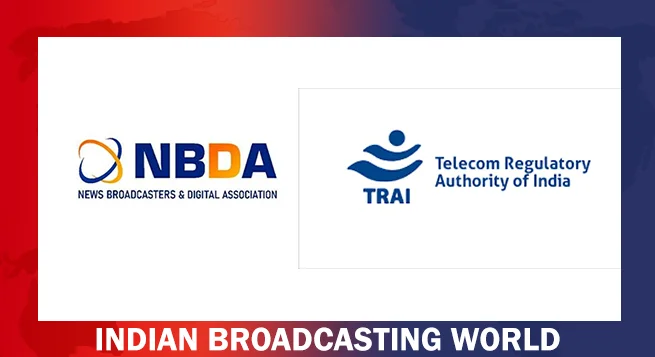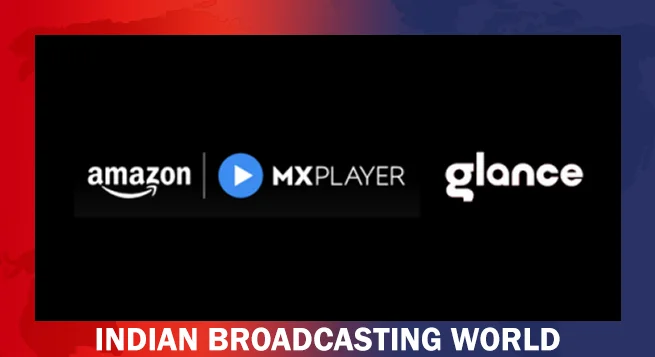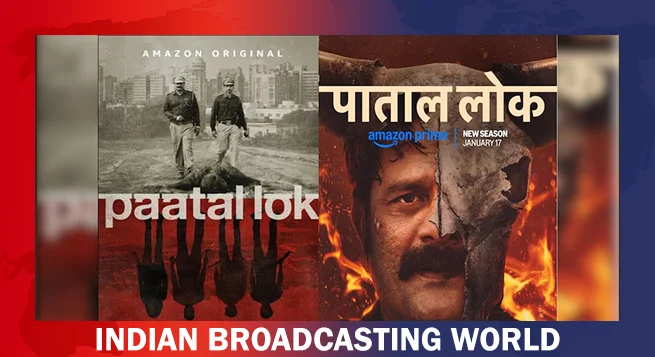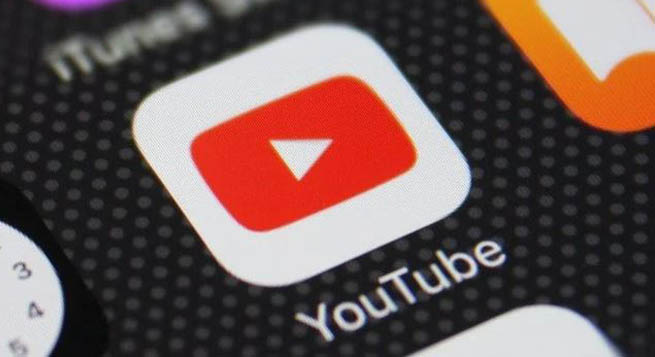YouTube will block all anti-vaccine content, moving beyond COVID-19 to include content that alleges vaccines cause chronic health effects or contains misinformation on the substances in vaccines, it said in a blog post on Wednesday.
The online video company owned by Alphabet Inc. is also banning prominent anti-vaccine activists, taking down several channels, the Washington Post reported on Wednesday, citing YouTube’s Vice President Of Global Trust and Safety Matt Halprin. These include Robert F. Kennedy Jr. and Joseph Mercola, who have long been high-profile figures in the anti-vaccine movement, Reuters reported.
The move comes as YouTube and other tech giants like Facebook Inc. and Twitter Inc. have been criticized for not doing enough to stop the spread of false health information on their sites.
Even as YouTube takes a tougher stance on misinformation, it faces backlash around the world.
Russia Upset:On Tuesday, Russian state-backed broadcaster RT’s German-language channels were deleted from YouTube, as the company said the channels had breached its COVID-19 misinformation policy.
Russia on Wednesday called the move “unprecedented information aggression,” and threatened to block YouTube.
YouTube, which is owned by Google, said on Wednesday that two channels were discontinued.
The company said in an e-mail that RT DE had received a “strike” for uploading material that violated YouTube”s standards on COVID-19 misinformation, and as a consequence was suspended from uploading new videos to its channel, The Associated Press reported from Berlin.
“During this suspension, RT DE tried to circumvent this restriction by using another YouTube channel to upload its videos,” which resulted in both channels being shut for violating YouTube”s conditions of use, it added.
Writing on the messaging app Telegram, RT Editor-in-Chief Margarita Simonyan called the move “a true media war” by Germany on Russia.
The Russian Foreign Ministry said it would ask relevant government bodies to work up retaliatory measures against German media and YouTube, adding that such a response was “not only appropriate but also necessary.”
 TRAI revamps website to connect with wider audience
TRAI revamps website to connect with wider audience  Prime Video to limit in India number of TV sets having access per subscription
Prime Video to limit in India number of TV sets having access per subscription  Delhi HC orders meta to remove deepfake videos of Rajat Sharma
Delhi HC orders meta to remove deepfake videos of Rajat Sharma  Govt. blocked 18 OTT platforms for obscene content in 2024
Govt. blocked 18 OTT platforms for obscene content in 2024  Broadcasting industry resists inclusion under Telecom Act
Broadcasting industry resists inclusion under Telecom Act  DTH viewing going down & a hybrid ecosystem evolving: Dish TV CEO
DTH viewing going down & a hybrid ecosystem evolving: Dish TV CEO  Glance, Amazon MX Player team up for hit shows
Glance, Amazon MX Player team up for hit shows  ‘Paatal Lok’ S2 to premiere on Jan 17
‘Paatal Lok’ S2 to premiere on Jan 17  ‘Bagheera’ to stream in Hindi on Hotstar from tomorrow
‘Bagheera’ to stream in Hindi on Hotstar from tomorrow  Abhishek Singh Rajput shines in ‘Swipe Crime’ on MX Player
Abhishek Singh Rajput shines in ‘Swipe Crime’ on MX Player 









